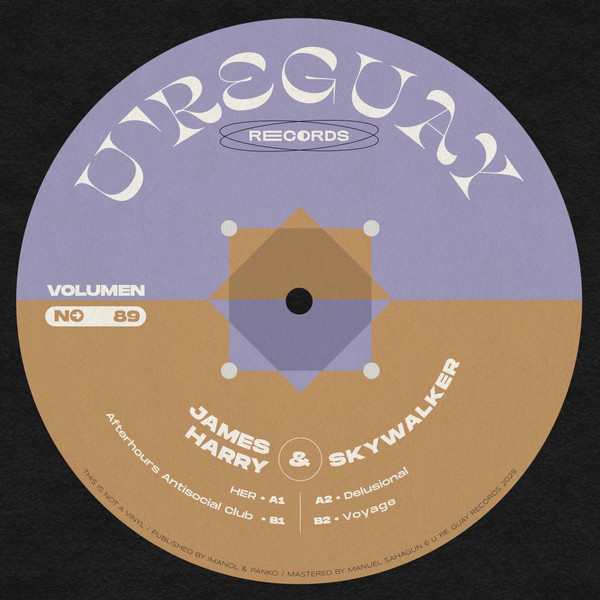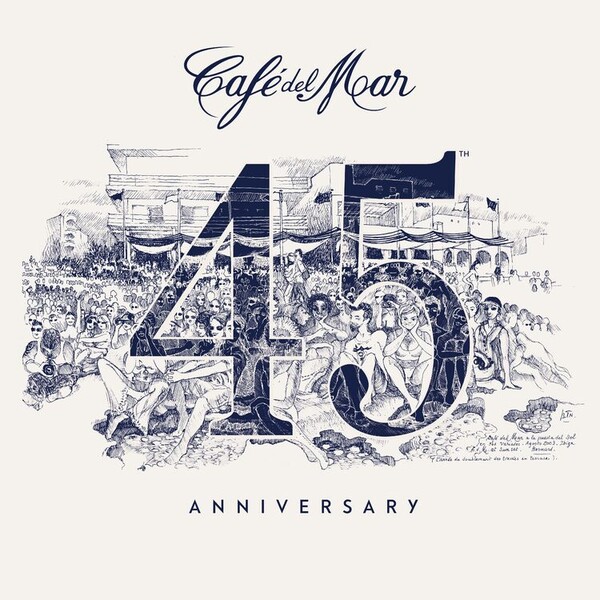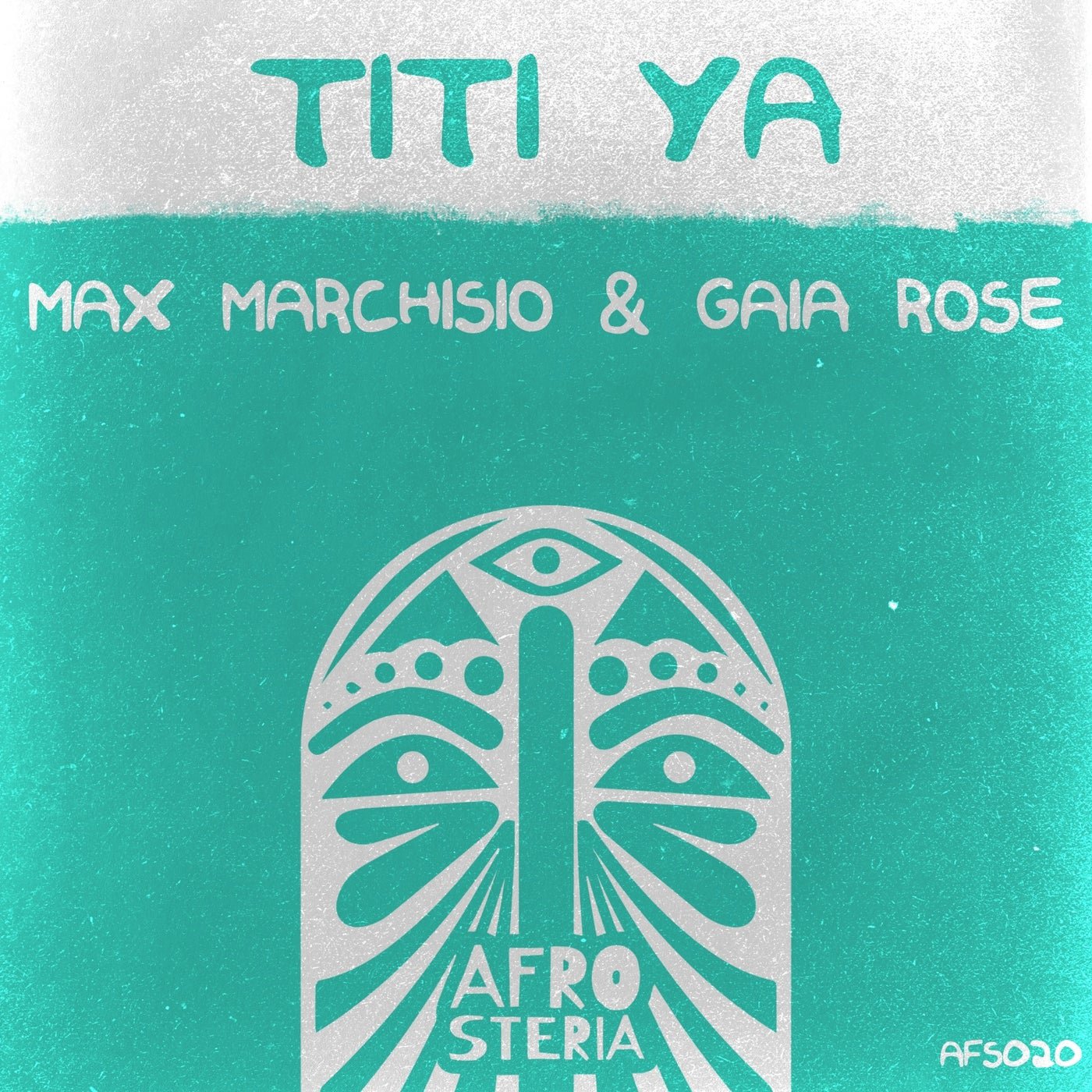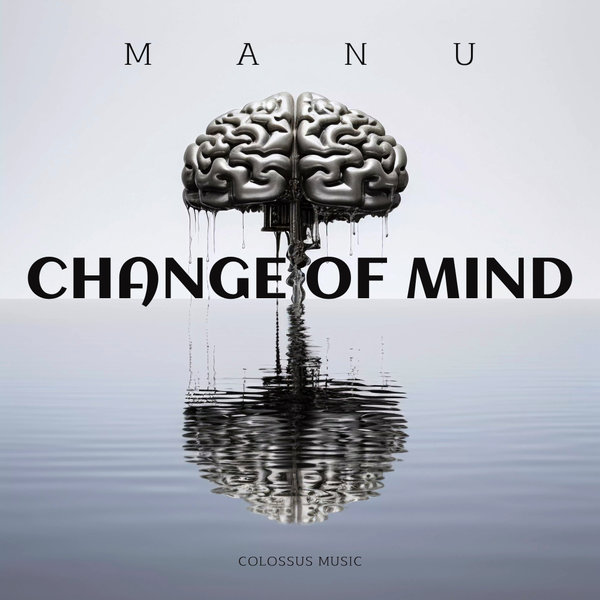The announcement that CBS would be ending The Late Show in May 2026 is hard to interpret as anything other than the end for late night television. The beginning of the end, anyway. In just 10 months, CBS will be out of the late night game entirely, and it’s unlikely the few remaining hosts still battling for eyeballs at 11:30 p.m. will endure much longer.
The official release sent out by CBS made a point of this being “a financial decision against a challenging backdrop in late night. It is not related in any way to the show’s performance, content or other matters happening at Paramount.” Which is to say, it’s not the fault of host Stephen Colbert or his team — or related to the ongoing, politically complicated Skydance merger still in progress.
(That said, it’s still worth pointing out that even if it were strictly a financial decision, the consequence remains that CBS is shutting down one of the few mainstream voices on American TV actively criticizing the current administration.)
Late night talk shows have been a television fixture since the 1950s, though the first-ever late-night show was CBS’s own The Faye Emerson Show, which launched in 1949 and was hosted by actress Faye Emerson (yep, the first late-night host was a woman). Emerson’s show didn’t last for long, but the real titan of the genre, The Tonight Show (then called Tonight Starring Steve Allen) premiered in 1954, and continues on today with Jimmy Fallon as host.
While The Tonight Show might still remain on the air, the ways we consume media have changed so much since the 1950s. Really, since the dawn of YouTube it’s been hard to see a long future ahead for the classic late night format, as the water cooler value of these shows has dropped significantly in a too-online age.
In the heyday of late night, it was a key nexus point for the monoculture, with the format’s unscripted nature inspiring wild comedy and creating so many shocking moments. These shows didn’t just comment on the news — they could make news. All while giving viewers a new perspective on their favorite stars out on the promotional circuit, and exposing them to hot new comedians and musical artists.
Late night has always been an evolving format, but the Internet demanded a whole new level of evolution, even as the format’s influence waned. When networks and studios stopped sending cease and desists to online platforms in the late 2000s and resigned themselves to the power of online video, late night shows did their best to adapt by creating punchy, clippable interview moments, as well as game segments that would play well as five-minute YouTube videos. (Ironically, these games would sometimes evolve into full-length shows of their own, such as Fallon’s Lip Sync Battle, which did give us the gift of Tom Holland’s “Umbrella,” so no ill can be spoken against it.)
That evolution has had unfortunate consequences, such as the way that live music has been disappearing from late night — something Mary Siroky explored deeply in a recent Consequence cover story. With the end of Late Show (one of the few remaining late night shows to still feature musical acts), that situation only grows more dire, eliminating one of the few remaining opportunities for new acts to be discovered.
With Colbert ending, here’s what’s left in late night: After Midnight, the variety comedy series which replaced James Corden’s own talk show starting in early 2024, just ended with the departure of host Taylor Tomlinson. (Though it’s notable that CBS chose to end the show with her departure, rather than bring in a new host to continue owning the time slot.) Jimmy Kimmel said in February 2024 that he might have signed his last contract as host of Jimmy Kimmel Live — his current contract expires in 2026.
Seth Meyers’ contract with NBC for Late Night goes to 2028, though he’s not feeling optimistic about the format’s future either — in a recent interview with Variety, he said that “unless some major sea change happens, I don’t think there’s going to be a whole new wave of network hosts… if you’re a great lover of the institution of late-night talk shows, there’s probably some sadness in your future.”
As for Meyers’ colleague at NBC, Jimmy Fallon’s hosting deal for The Tonight Show also goes through the year 2028. Just a few months before striking that deal, he told Deadline that he wanted to beat Johnny Carson’s record for hosting.
The legendary host lasted almost 30 years behind the desk. 30 years would mean Fallon retiring in the year 2044.
Good luck with that.

 4 hours ago
2
4 hours ago
2


















 English (US) ·
English (US) ·